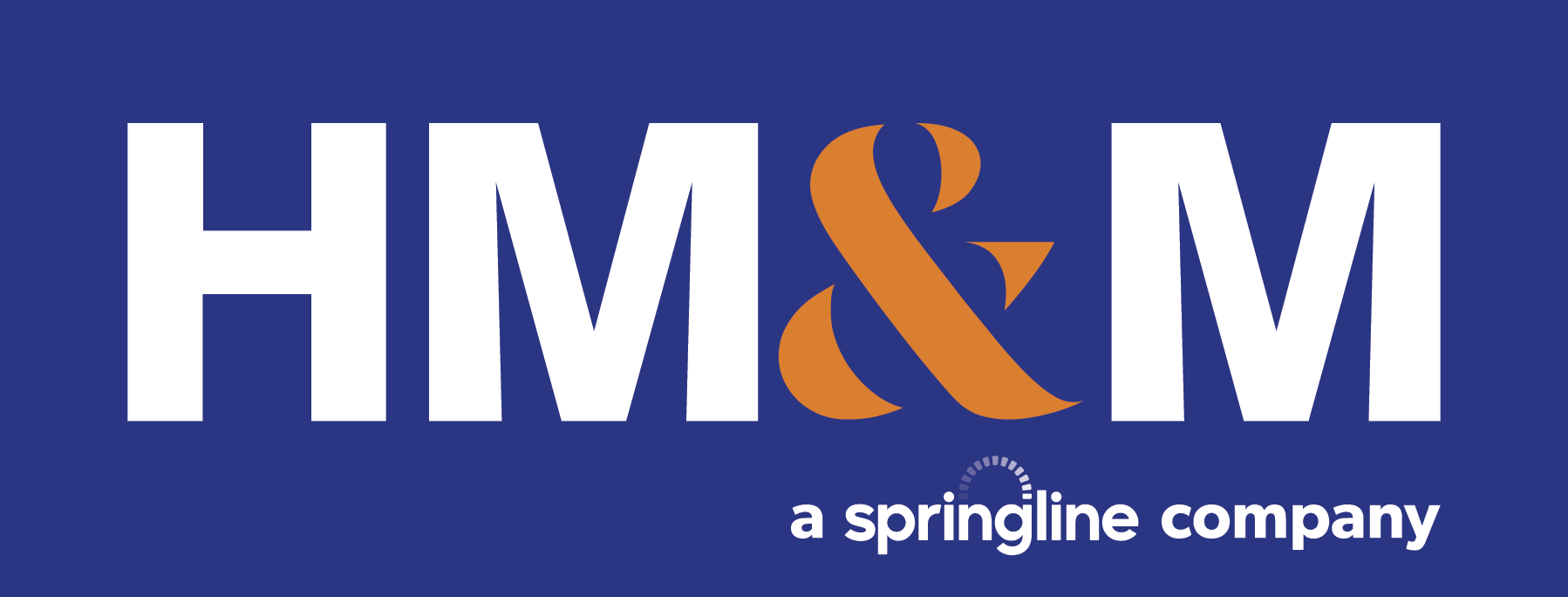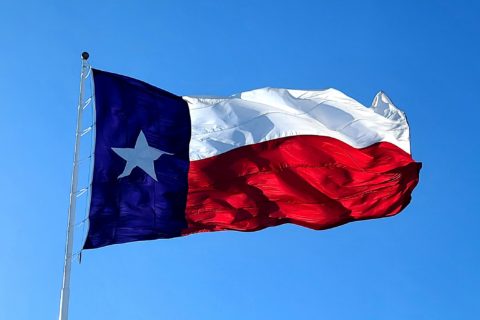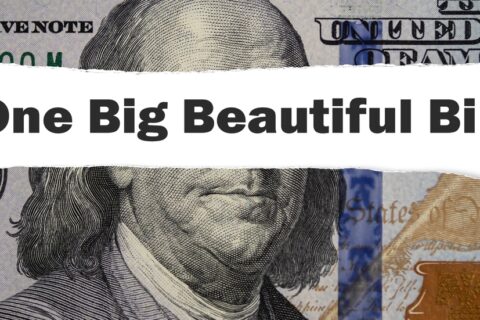Tax Credits
Employee Retention Credit (CARES Act)
The Employee Retention Credit supports employers that have experienced fully or partially suspended operations as a result of a government order limiting commerce, travel, or group meetings or employers that have experienced a greater than 50% reduction in quarterly receipts measured on a year over year basis by providing a payroll tax credit for 50% of wages paid by eligible employers to certain employees during the COVID-19 crisis. This credit is for the employer’s share of the Medicare tax (6.2%) equal to 50% of qualified wages paid to employees after March 12, 2020 and before January 1, 2021. A maximum of $10,000 in qualified wages for each employee for all calendar quarters may be counted in determining the 50% credit.
For employers with LESS than 100 full time employees for 2019, the credit is based on the qualified wages of all employees during these periods regardless of whether they are furloughed.
For employers who have MORE than 100 full time employees during 2019, the credit is based on qualified wages that were paid to those employees not providing services (furloughed) due to the suspension of operations or decline in gross receipts.
Qualified wages include qualified health plan expenses allocated to the qualified wages. Qualified wages do NOT include wages for which the employer receives a credit for sick or family leave under FFCRA (see below for a recap on FFCRA).
Employers who receive a Paycheck Protection Program loan under the CARES Act CANNOT claim the employee retention credit.
The maximum credit per employee is $5,000 and the credit is refundable if the credit exceeds the payroll tax liability. Form 7200 can be used to obtain an advance payment of the tax credit.
This credit is provided through December 31, 2020.
The Families First Coronavirus Response Act (FFCRA)
The FFCRA was signed by the President on March 18th, 2020. The act expands food security initiatives, increases federal Medicaid funding, guarantees free testing for the COVID-19 virus and also establishes two mandatory paid leave programs that are 100% reimbursed by the government.
Emergency Family and Medical Leave Expansion Act (EFMLEA)
The Emergency Family and Medical Leave Expansion Act (EFMLEA) temporarily expands the existing Emergency Family and Medical Leave Act (EFMLA) to require employers with fewer than 500 employees to provide both paid and unpaid public health emergency leave to certain employees through December 31, 2020. The Act provides 12 weeks protected leave when an employee who has been employed for at least 30 days is unable to work or telework due to a need for leave to care for a son or daughter under age 18 because a school or place of care has been closed, or a childcare provider is unavailable, due to an emergency with respect to COVID-19. The first 10 days of leave are unpaid and then paid leave is required, calculated based on an amount not less than two-thirds of an employee’s regular rate of pay and the number of hours the employee would otherwise be normally scheduled to work, not to exceed $200 per day and $10,000 in the aggregate. For information on tax credits related to employers with costs under this program, see “Tax Credits for EFMLEA and EPLSA” below.
Emergency Paid Sick Leave Act (FFCRA)
The Emergency Paid Sick Leave Act (EPSLA) requires private employers with fewer than 500 employees, and public employers of any size, to provide 80 hours of paid sick time to full-time employees who are unable to work (or telework) for specified virus-related reasons. Part-time employees are entitled to sick time based on their average hours worked over a 2 week period. This amount is immediately available regardless of the employee’s length of employment. For information on tax credits related to employers with costs under this program, see “Tax Credits for EFMLEA and EPLSA” below.
Tax Credits for EFMLEA and EPLSA
To offset the costs incurred by employers under the EFMLEA and EPLSA programs, employers will receive tax credits to cover the cost of the wages paid to employees while they are taking time off, subject to certain limitations and certain exceptions.
The tax credits can be dollar for dollar up to certain amounts to cover the costs of providing the required qualified sick and family leave wages. Employers will be allowed the full amount of this refundable credit even if it exceeds the payroll liability. If the tax liability is less than the credit, employers may receive the remaining credit in advance by using Form 7200.
The FFCRA also provides similar credits for certain self-employed persons in similar circumstances, but the advance payments are not available for the credit for self-employed individuals.
Eligible employers entitled to claim these refundable tax credits are businesses and tax-exempt organizations that have fewer than 500 employees and are required to provide qualified sick leave wages and qualified family leave wages under FFCRA.
Eligible employers also get credit for the qualified leave wages and for the employer’s share of Medicare taxes on the qualified leave wages. Eligible employers will be able to claim these credits based on qualifying leave wages they paid for the period between April 1, 2020 and December 31, 2020.
Eligible employers will be allowed to retain an amount of the employment taxes equal to the amount of qualified leave wages (plus certain related health plan expenses and the employer’s share of the Medicare taxes on the qualified leave wages) and their employee retention credit, rather than depositing these amounts with the IRS.
The employment taxes that are available for the credits include withheld federal income tax, the employee share of social security and Medicare taxes, and the employer share of social security and Medicare taxes with respect to all employees.
Deferrals of Taxes
Delay of Employer Payroll Taxes (CARES Act)
The CARES Act postponed the due date for depositing the employer portion of payroll taxes and 50% of self-employment taxes attributable to wages paid from the date of enactment of the CARES Act to December 31, 2020.
The deferred amounts are payable in two installments over the next two years, 50% on December 31, 2021 and 50% on December 31, 2022 (for self-employment taxes, this would be 25% each).
During the period of deferral, the eligible employer will be treated as having made timely deposits of applicable taxes as long as payments are made when due, as noted above.
The deferral is NOT available to employers who receive debt forgiveness for a Paycheck Protection Program loan under the CARES Act.
If you have questions about the payroll tax credits or deferrals, please contact your HM&M Advisor.
For more information check out HM&M’s COVID-19 Resources page.
HM&M COVID-19 ResourcesLatest Blog
Cash and noncash donation deductions in 2026 The new year brings changes that affect how taxpayers think about ...
Everyone should have an estate plan — including single people with no children. For married couples, the law ...
The One Big Beautiful Bill Act (OBBBA), signed into law in July 2025, restored the more favorable pre-2022 ...
HM&M Updates
Dallas, TX – Aug. 7, 2024 – HM&M, a Springline company (HM&M), a leading CPA firm with four ...
DALLAS, Dec. 11, 2024 – Springline Advisory, a trailblazing financial and business advisory firm, is proud to announce its partnership ...
Last month, Senior Manager, Pearl Balsara was invited to speak at the 2023 FPA DFW Annual Conference in ...










